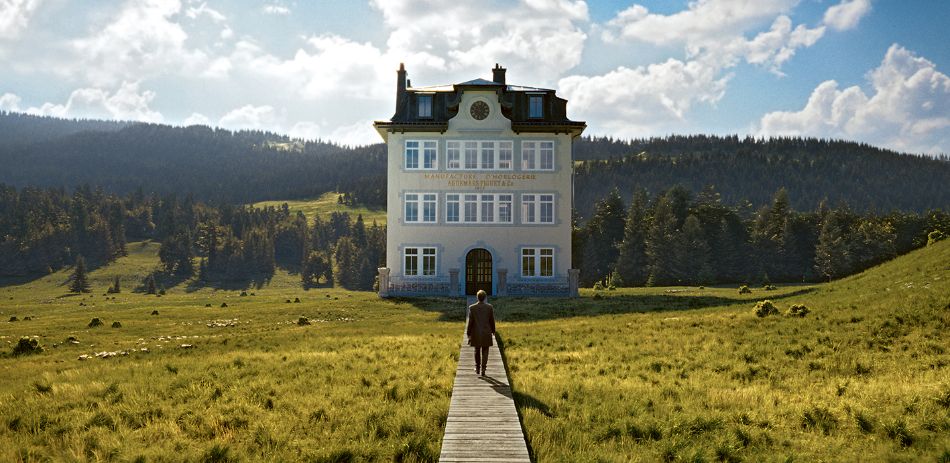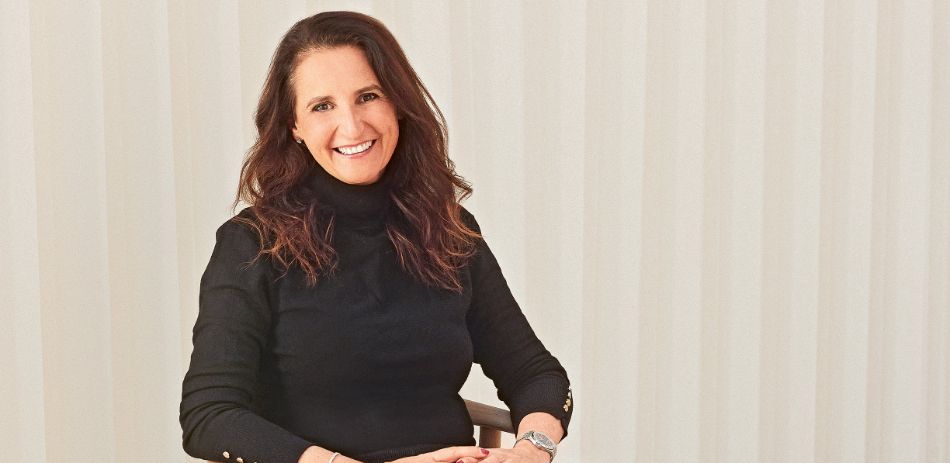Audemars Piguet is celebrating its 150th anniversary. Which of its strengths have enabled it to stand the test of time?
There are two main qualities that have helped it to not only survive difficult phases like the two world wars, the financial crisis and the quartz crisis but to also thrive. The first is a spirit of resilience that comes from our determination to overcome challenges in a positive way. The second is our desire to pursue excellence at any cost. Even when it would have been easier to take shortcuts or do things in a simpler way, we never did. We have always been committed to creating exceptional products.
“We are the enfant terrible of the watchmaking industry.”
Exceptional craftsmanship is one of the pillars of the Swiss watchmaking industry. How can firms such as yours preserve their traditions while innovating to meet changing client needs?
That is an important strategic question. It would be easier to flirt with modernity and to embrace change while forgetting the past – but for our company, achieving a balance between those elements is fundamental. This is why we pay homage to our heritage and incorporate it into the choices we make today – but without being nostalgic. We don't look at the past in a “retro way”. Instead, we see our history as inspiration for our future choices. For us, the past, present and future always coexist. Our heritage guides us in terms of what we can or cannot do. At the same time, we have a free spirit that allows us to keep innovating. We never stand still.
How do you strike that balance in practice?
If you look at certain long-established watch models, we evolve them in a way that is respectful of the past but also forward-looking: We change the materials or adjust elements of the design but stay true to the nature of the product. We are a family company and we want to preserve the values and parts of our history that made Audemars Piguet what it is today.
How important is it to stay true to Audemars Piguet’s roots?
Our company is the largest watchmaker to still be in the hands of its founding families. That is quite rare in our industry. We believe that we have a responsibility to remain true to the goals of our founders and the legacy they wanted to create. This is also why we are still based in Le Brassus – the very place where our story began. Ultimately, we want to preserve the reputation and credibility of our firm, as they are our most important assets.
Do you see any scope to incorporate new technologies into your products or processes?
At Audemars Piguet, we embrace technological innovations and advances in material science and mechanics. However, we are dedicated to creating purely mechanical watches and would not accept anything that interferes with the watch movement or isn't mechanical in nature. Our goal is to continue producing watches that can last forever.
What are the most important hallmarks of your brand and how do you maintain your brand integrity?
Authenticity is crucial in the luxury watch industry. We do not create a brand in a meeting room by asking ourselves how we can make our products cool and interpret modern trends. If we followed that approach, we would lose the essence and the character of our brand. You have to stay true to your values and character while considering what is happening around you.
“Gen Zers don’t like being clustered into segments or defined by stereotypes because they don’t recognize themselves in that.”
Is Audemars Piguet quite conservative in its approach to business?
No, our company has always been the enfant terrible of the watchmaking industry. We have continuously pushed the limits of what was thought possible and gone beyond that. That is part of our character. We will never change. Our company has grown significantly but we remain committed to authenticity and to continuing our story.
Your timepieces can literally last a lifetime and be passed on to the younger generation. Do you adapt your products and marketing strategy to this next generation of clients?
It used to be the case that our watches were passed down from one generation to the next but we are increasingly seeing our watches being passed up. By that, I mean that Gen Zers are discovering the world of watchmaking and are fascinated by it. They sometimes introduce their parents to this world and share their passion with them. Our clients’ average age is actually decreasing.
How would you explain the enduring appeal of mechanical timepieces in this digital age?
We are seeing a much broader interest in mechanics among the younger generation. There is a tension between hyperdigitalisation, personalisation and connectivity on the one hand and the desire to sometimes be disconnected from technology on the other. You could say that mechanical watches represent a return to the past – but in a way that is artistic and is scientifically interesting. It is also a question of culture; we try to reflect the zeitgeist while staying true to who we are.
So you have truly captured the interest of the Next Generation?
Each generation has its own set of values and expectations – including the desire for the personal touch in the client relationship. They expect to be treated as a “me”, not part of a crowd. They don’t like being clustered into segments or defined by stereotypes because they don’t recognise themselves in that. This is why we seek to engage directly with the younger generation and to understand the direction they are taking and the role of watches in their lives.
How important is social engagement at Audemars Piguet?
We invest in training to develop young talent with a focus on the craft of watchmaking. We want to preserve the skills that will disappear if no one invests in them, such as engraving or enamel work. That is part of our cultural heritage in Switzerland and we cannot allow it to be lost.
Let’s finish on a personal note: What is the one luxury that you could not live without?
Without doubt, that luxury would be travel.
This interview was published in the 2/2025 edition of EFG’s InTalks magazine.


